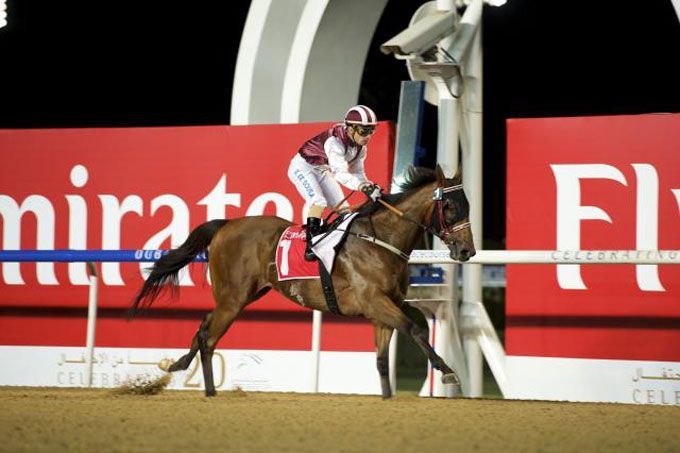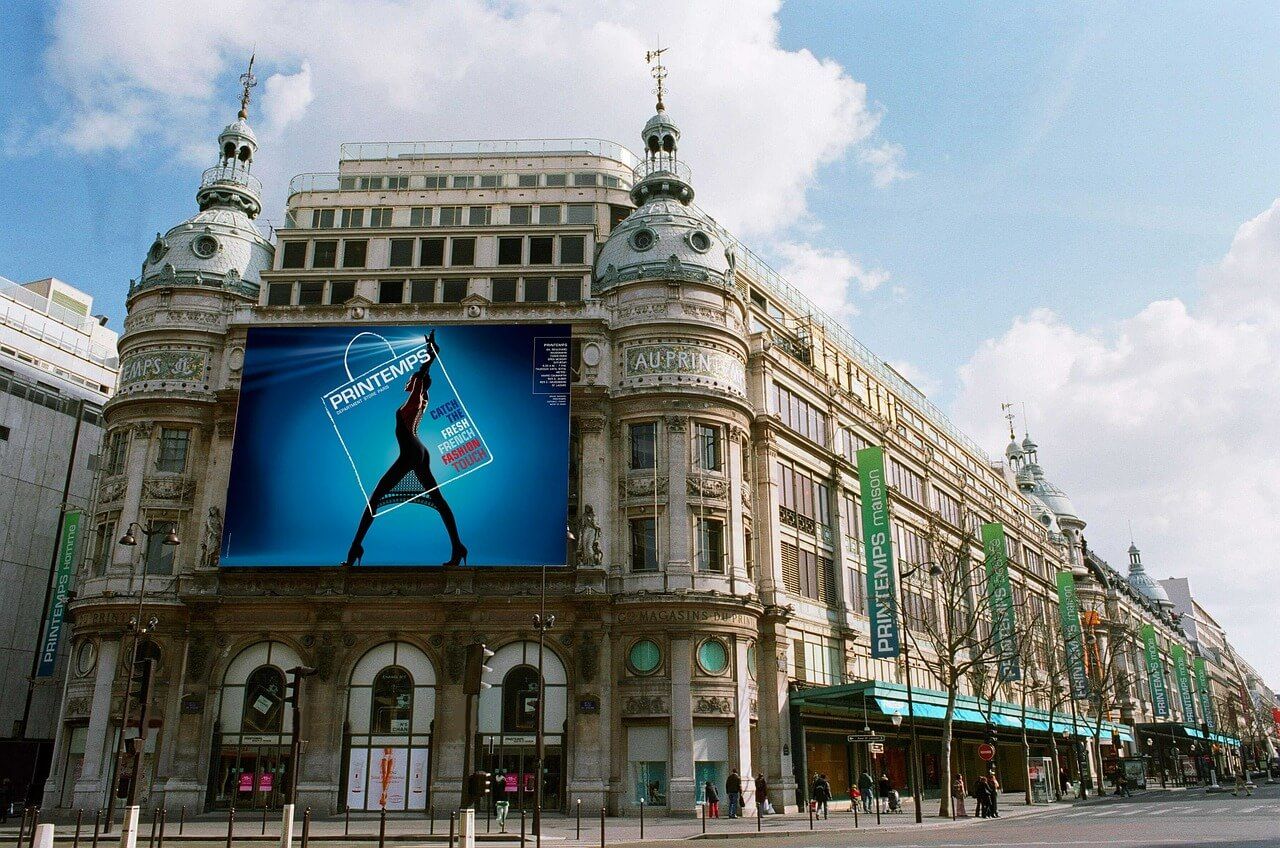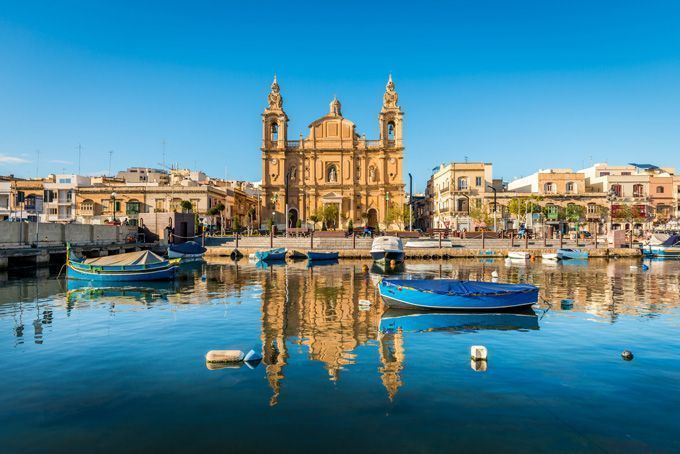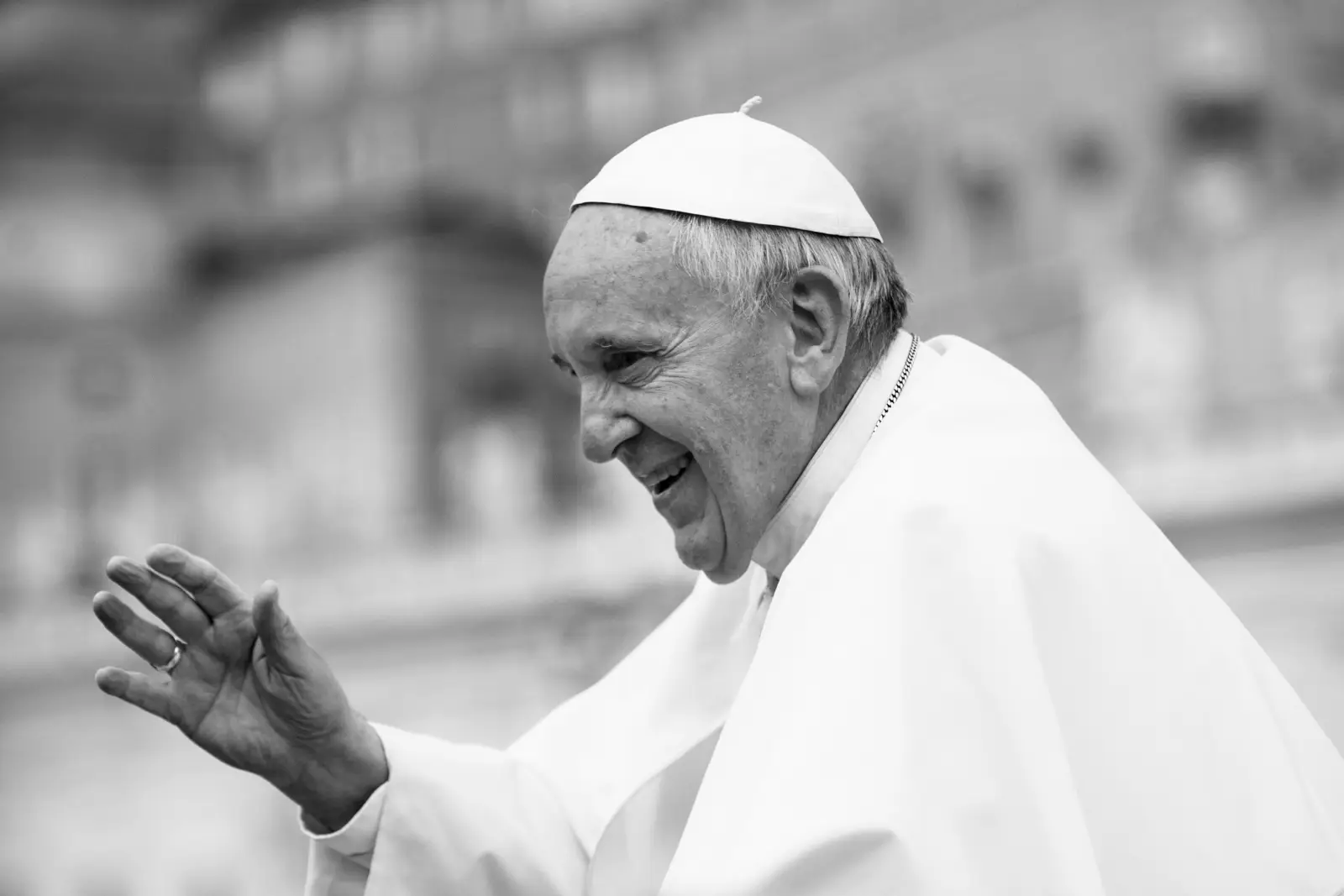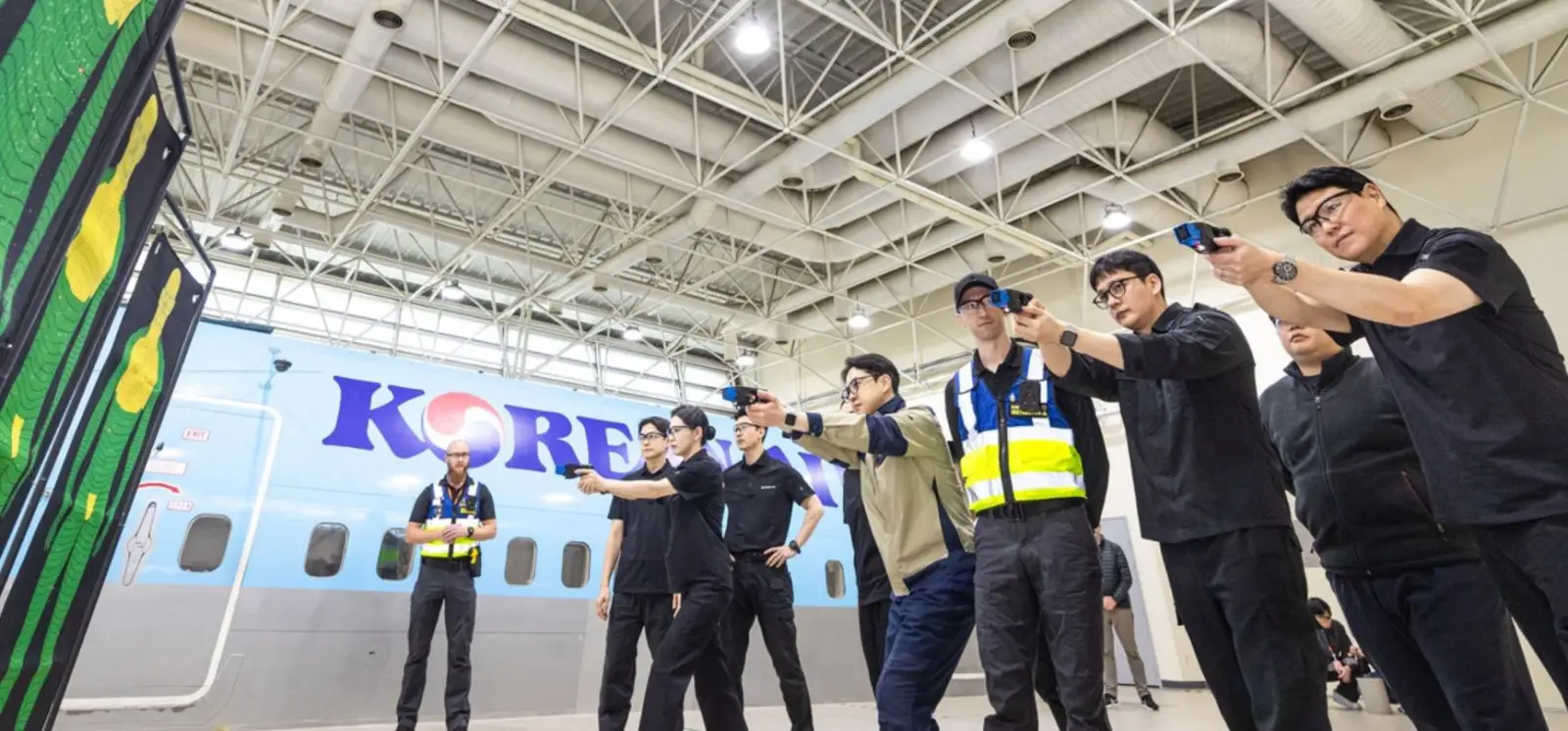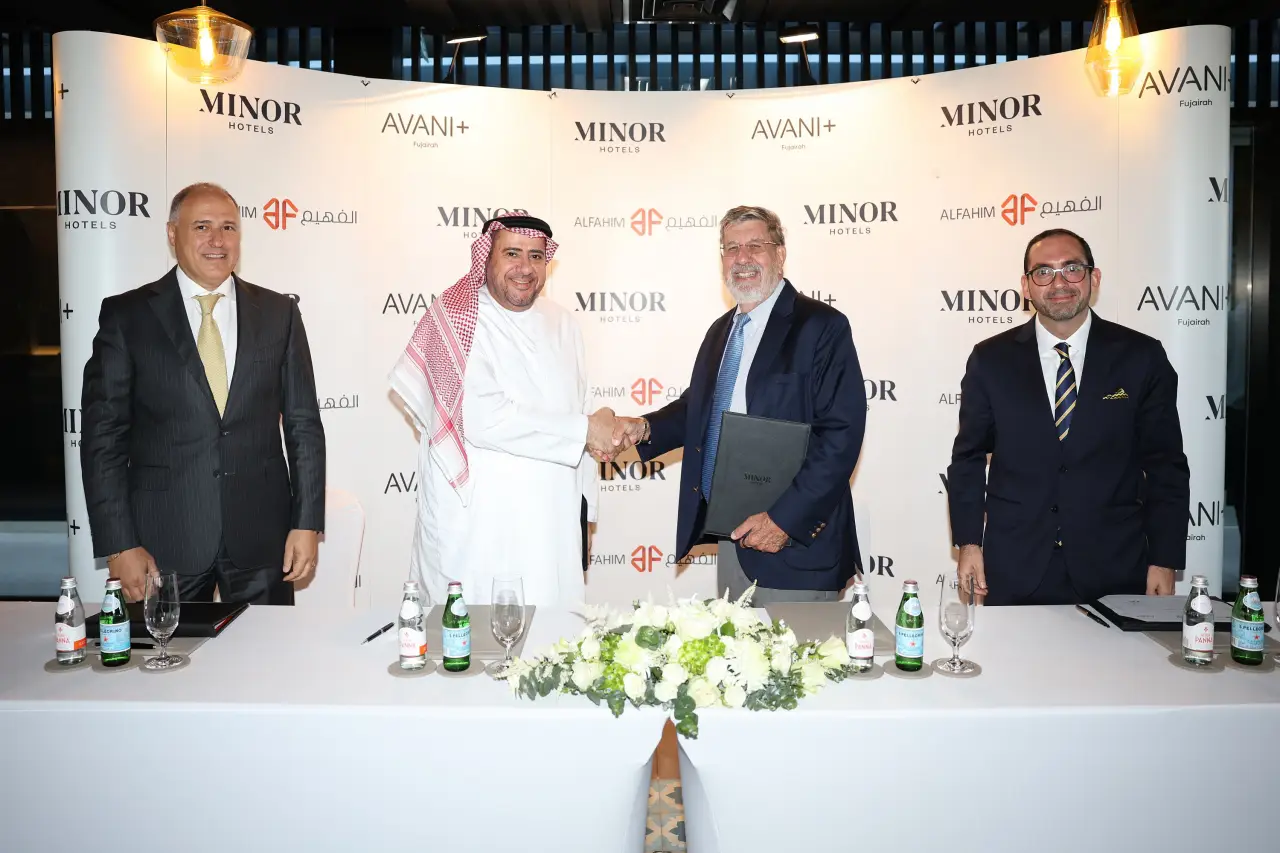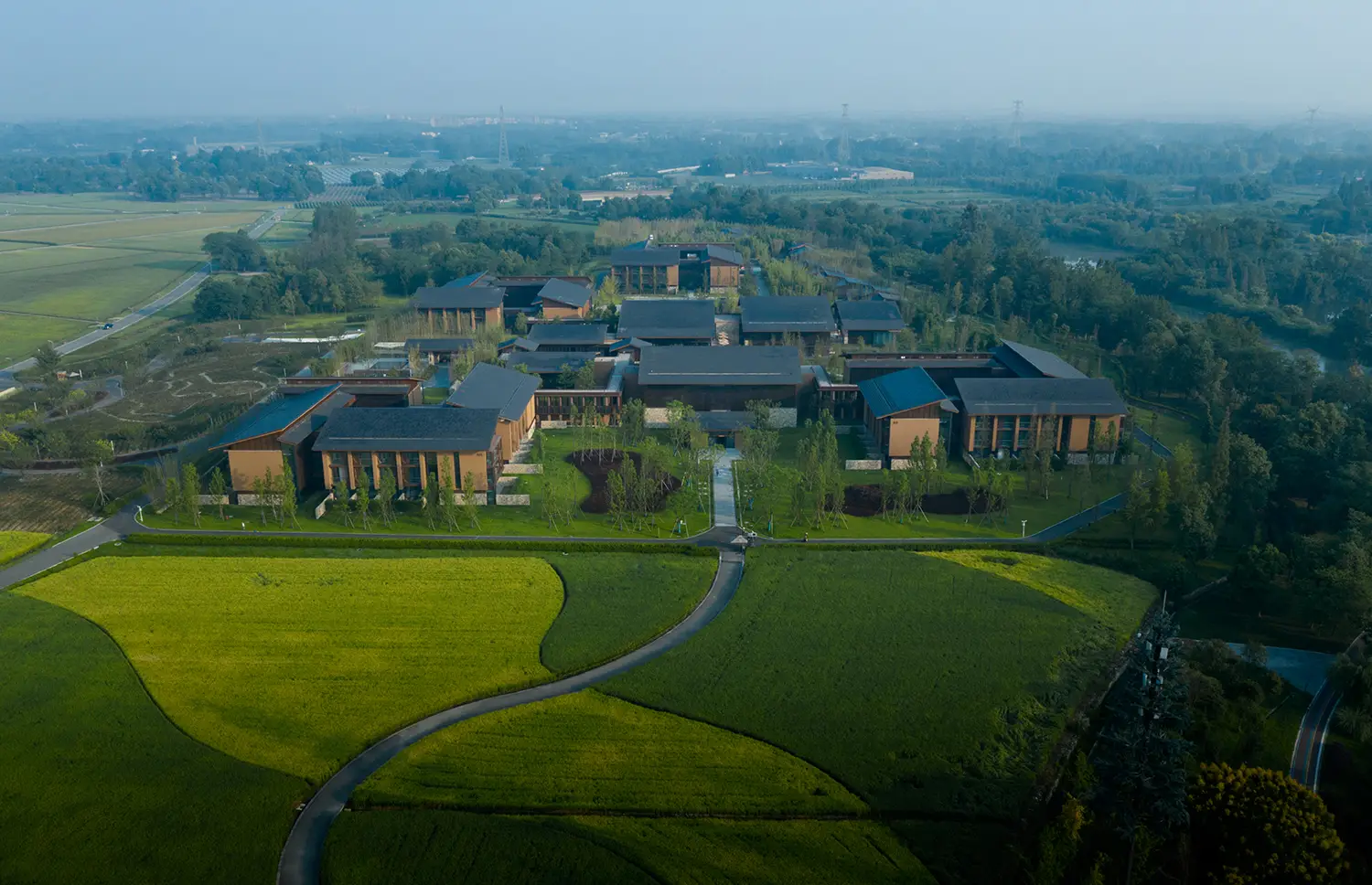Sport tourism and the regional leisure industry have become increasingly important drivers for international arrivals to the GCC over recent years, as the GCC competes to capture a greater share of the $600 billion global industry. Hence, sports tourism will be in focus at this year’s Arabian Travel Market (ATM), held from 24 – 27 April.
Sport generates 25% of all tourism receipts globally, according to data from the World Travel and Tourism Council (WTTC), with 76% of trips, planned around a sporting event.
Many countries throughout the region host numerous sporting events such as grands prix, international golf tournaments, swimming, horse racing, sailing, tennis and cricket, with the UAE and Qatar leading the way.
In the UAE, which always has a strong presence at ATM including Abu Dhabi, Dubai, Ras Al Khaimah, Ajman and Sharjah, the additional visitor numbers generated by major sporting events such as the Abu Dhabi Grand Prix and Dubai World Cup, will contribute towards achieving the country’s bold plans to attract 20 million visitors to Dubai by 2020 and 7.5 million to Abu Dhabi under its 2030 plans.
Speaking ahead of this year’s ATM, Simon Press, Senior Exhibition Director, said: “The GCC is ideally located for athletes from around the world to compete in a number of world-class sporting events. The region boasts the very best in sporting facilities and first class accommodation with excellent air links to major cities on every continent, encouraging international and regional competitors, officials and fans to participate.
Dubai’s annual events calendar includes the Mclaren Cup Polo, Omega Dubai Desert Classic, Dubai Duty Free Tennis, ITU World Triathlon Abu Dhabi, Dubai World Cup, Emirates Airline Dubai Rugby Sevens, DP World Tour Championships and Abu Dhabi Grand Prix in addition to a large number of professional and amateur competitions, it was also recently announced the UAE will host the 2019 UAE Asian Cup.
In Dubai, total annual sports-related expenditure was valued at around $1.7 billion in 2014, according to the recent ‘Economic Impact of Sport in Dubai’ study by Deloitte. The report also found the total economic impact of sport in the emirate stood at a significant $670 million. Gross expenditure on sporting events hit the $709 million mark in 2014 and generated an economic impact of $359 million.
In Qatar the additional visitors could push the growth of the travel market from values of QR18 million in 2016 to QR37 million in 2025, at a compounded annual growth rate (CAGR) of 8%. This growth will peak in 2022 at QR48 million when the Gulf state hosts the 2022 FIFA World Cup.
In recent years, Qatar has hosted the 2006 multi-sport Asian Games; the Asian Football Confederation Asian Cup 2011; the Handball World Championships 2015; and the 2016 Union Cycliste Internationale Road Cycling World Championships. In 2018 it will host the Fédération Internationale de Gymnastique Artistic World Gymnastics Championship, the 2019 World Athletics Championships and the Fifa 2020 World Cup.
Qatar tourism is being led at ATM 2017 by Qatar Tourism Authority, Qatar Airways and Katara Hospitality. Under QTA, which is to spearhead the implementation of Qatar National Vision 2030 and the National Development Strategy 2011 – 2016, $200 million will be invested in sports infrastructure.
Additional funds have been reserved for the FIFA 2022 World Cup and work is underway on six out of the eight stadiums planned, most accommodating up to 40,000 fans. The largest, Lusail Stadium, which will host the opening and final matches, will accommodate some 80,000 spectators.
All eight are due to be completed by 2020 and the current investment – including the national rail network and required hotels – is reported to have reached $200 billion. The UK spent £9.3 billion to host the 2012 Olympic Games.
If you are planning to visit Arabian Travel Market 2017, it is wise to book your hotel early. You can click here to book your hotel in Dubai.

